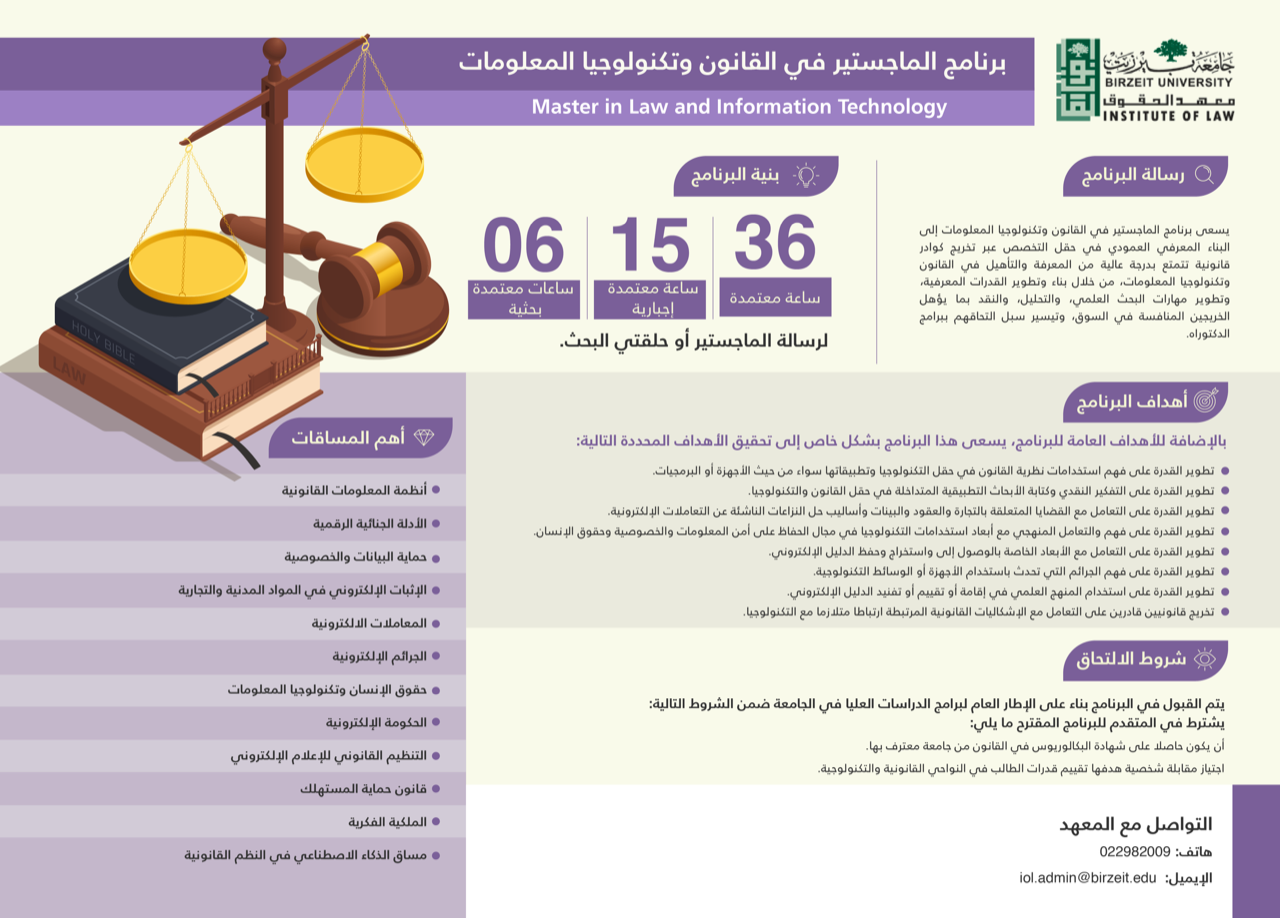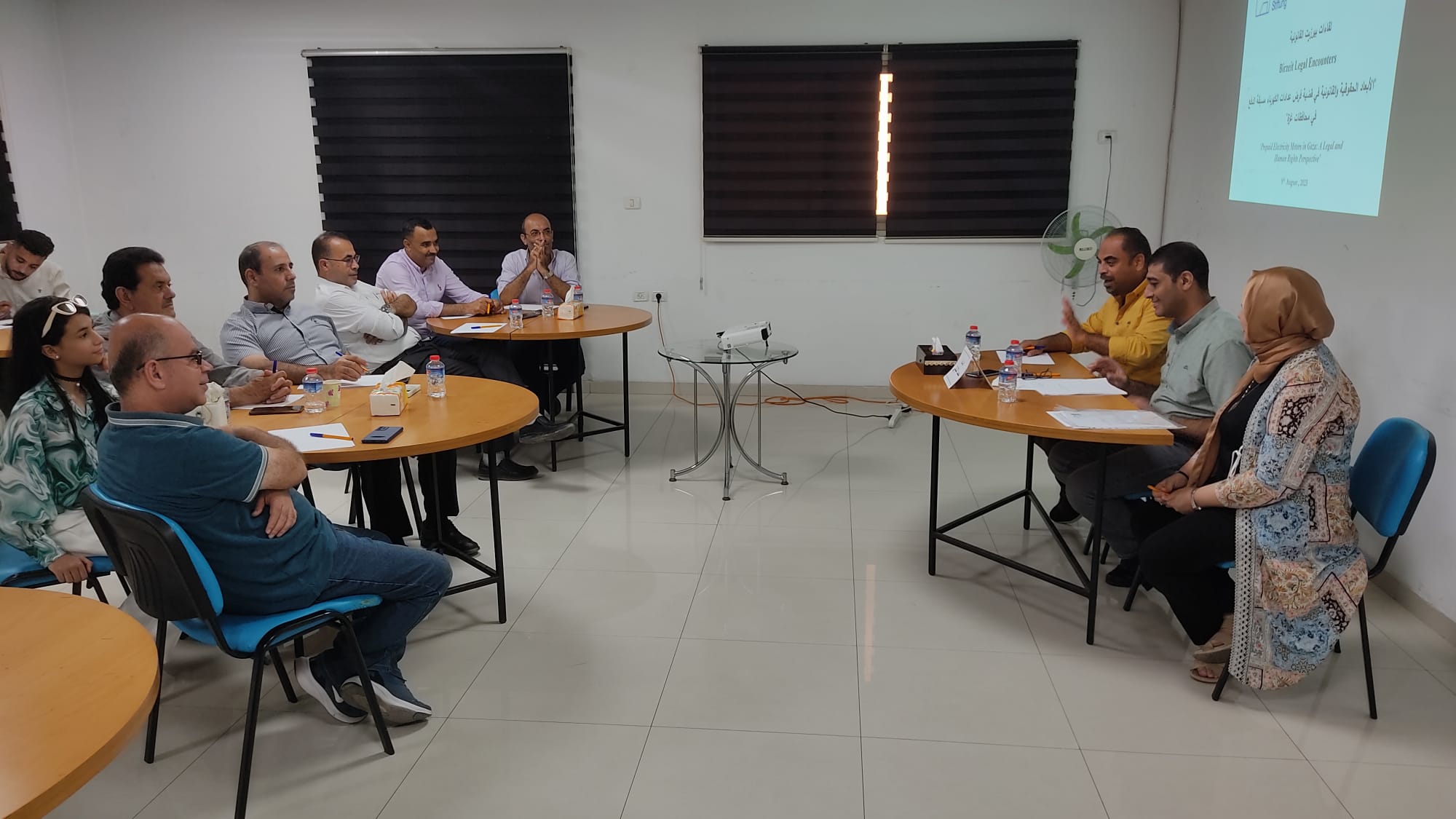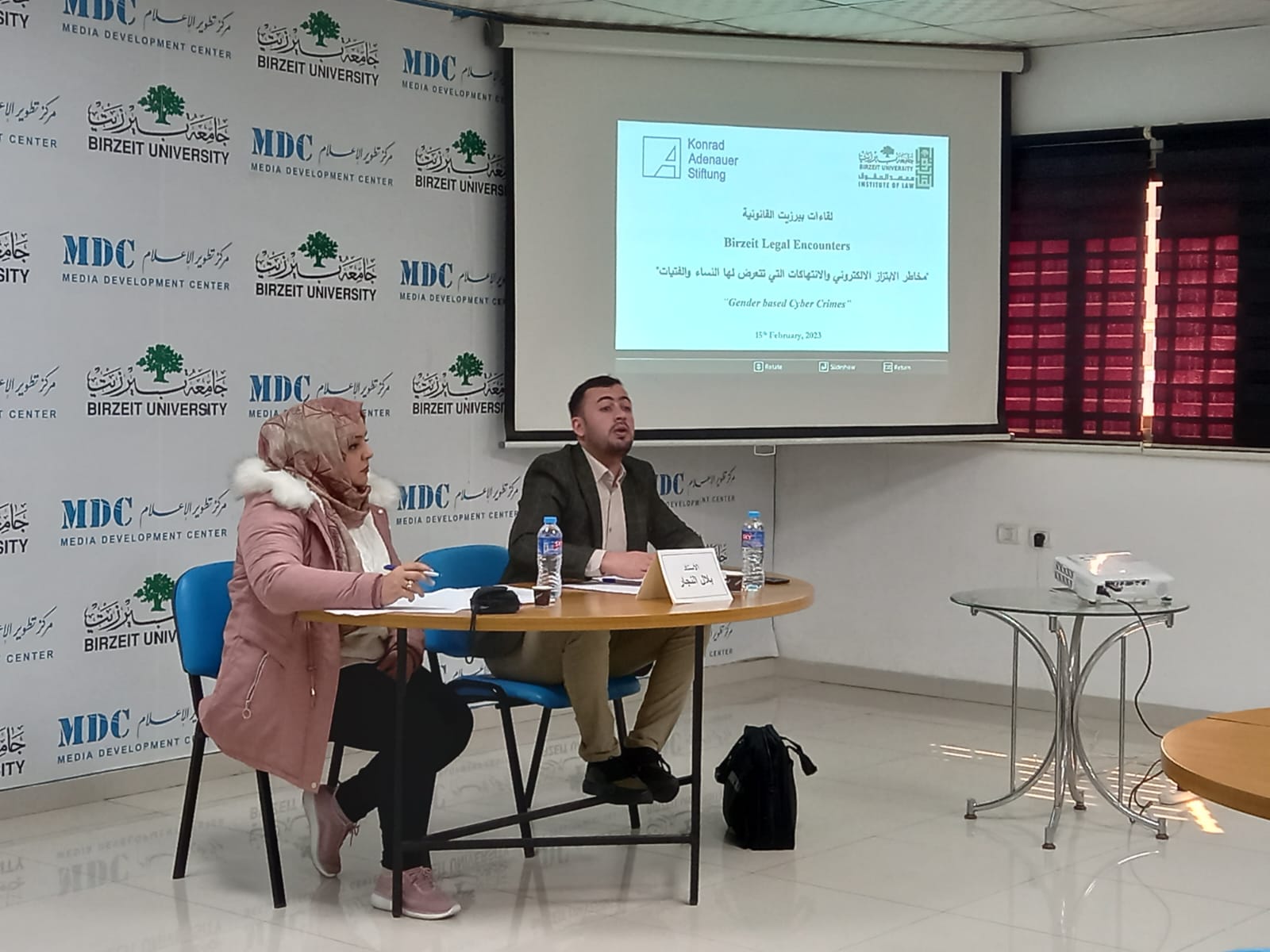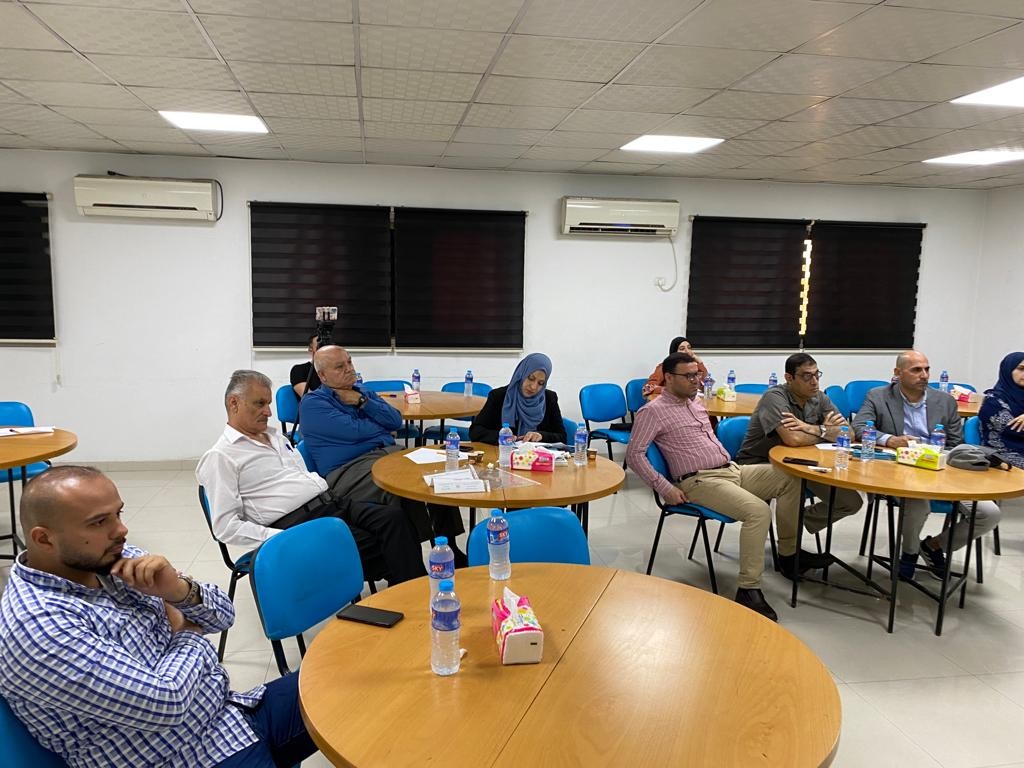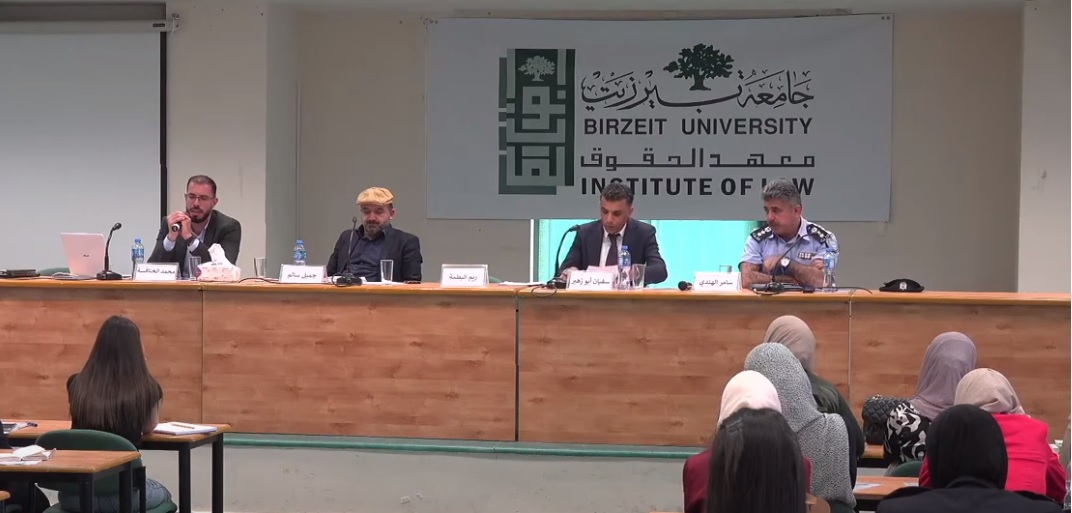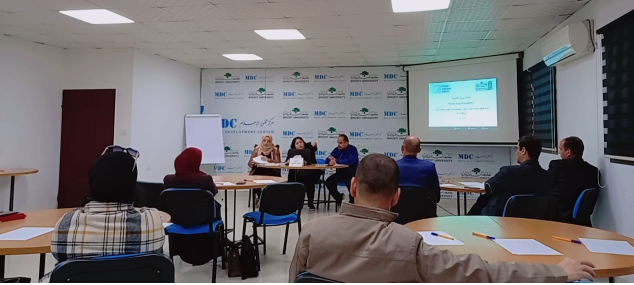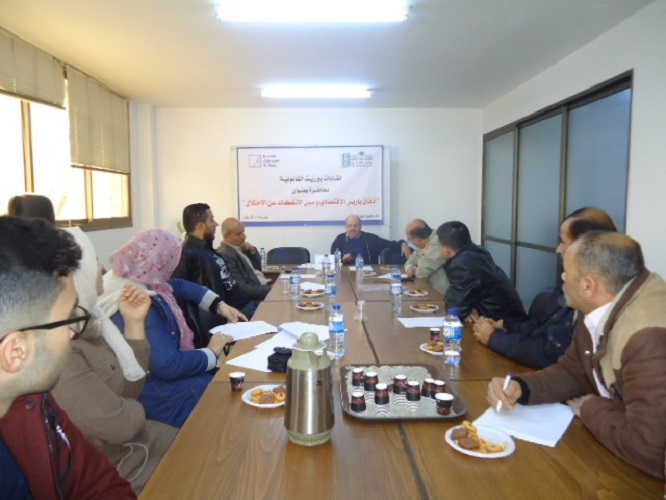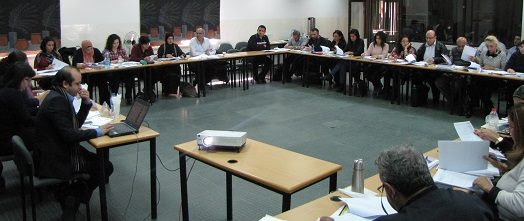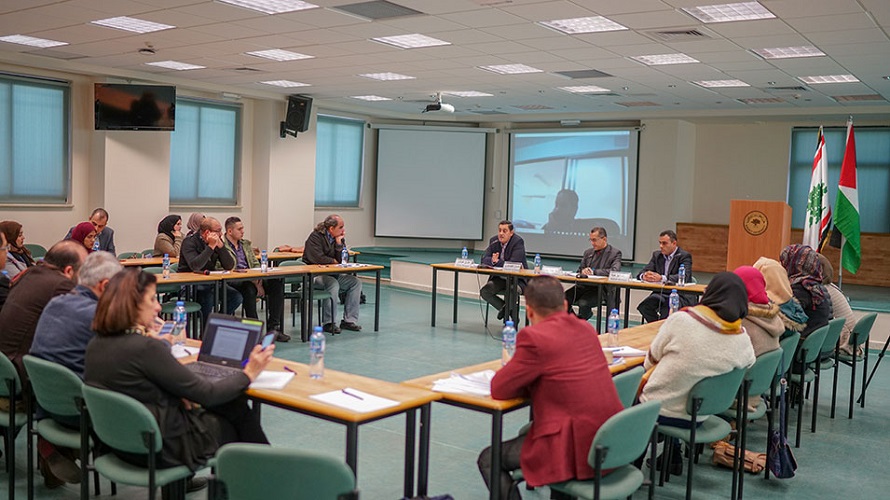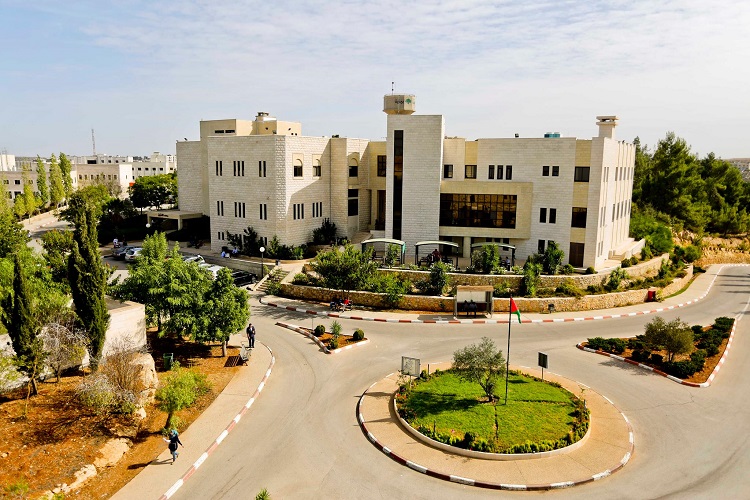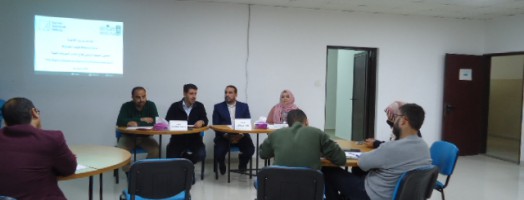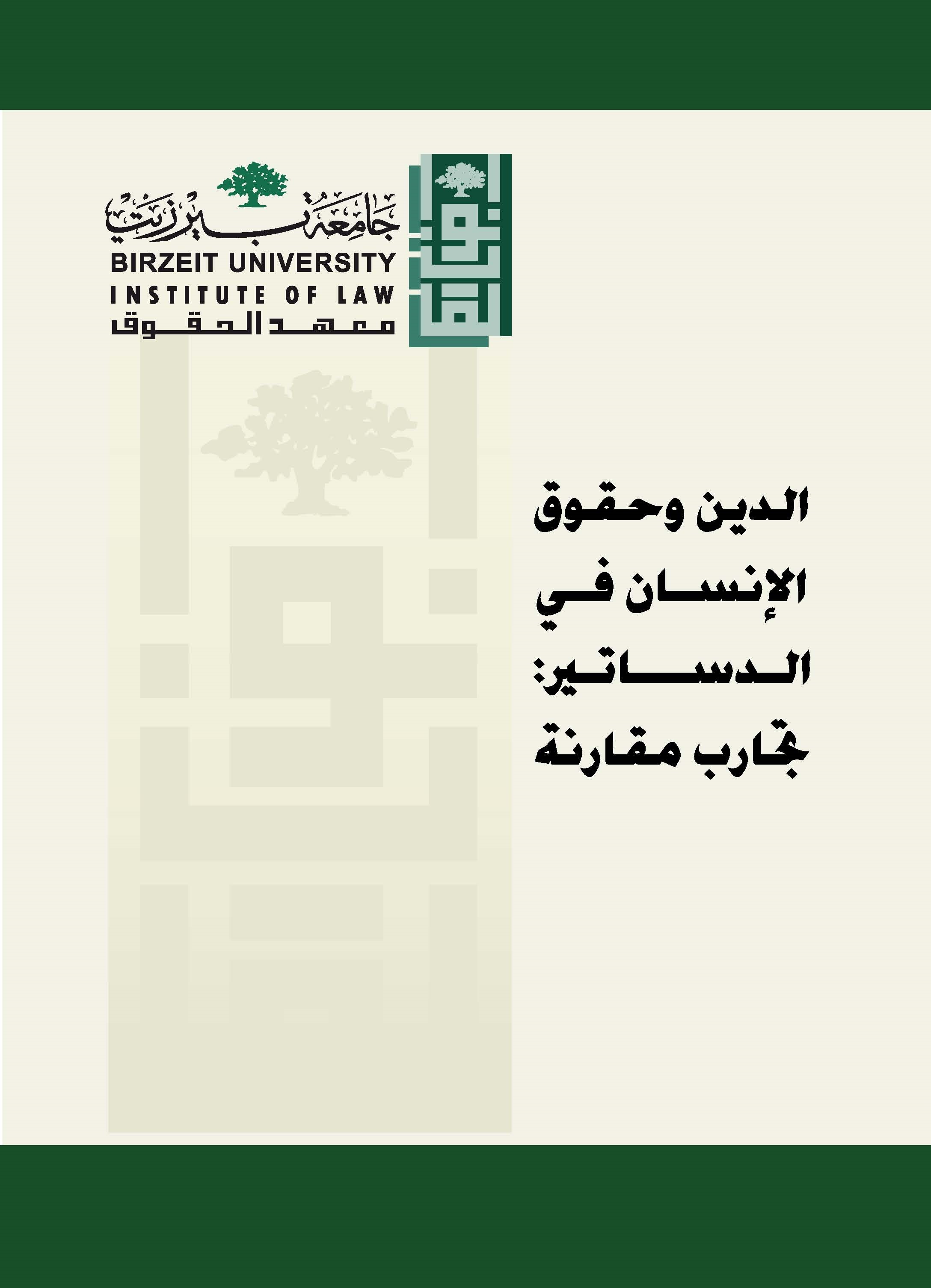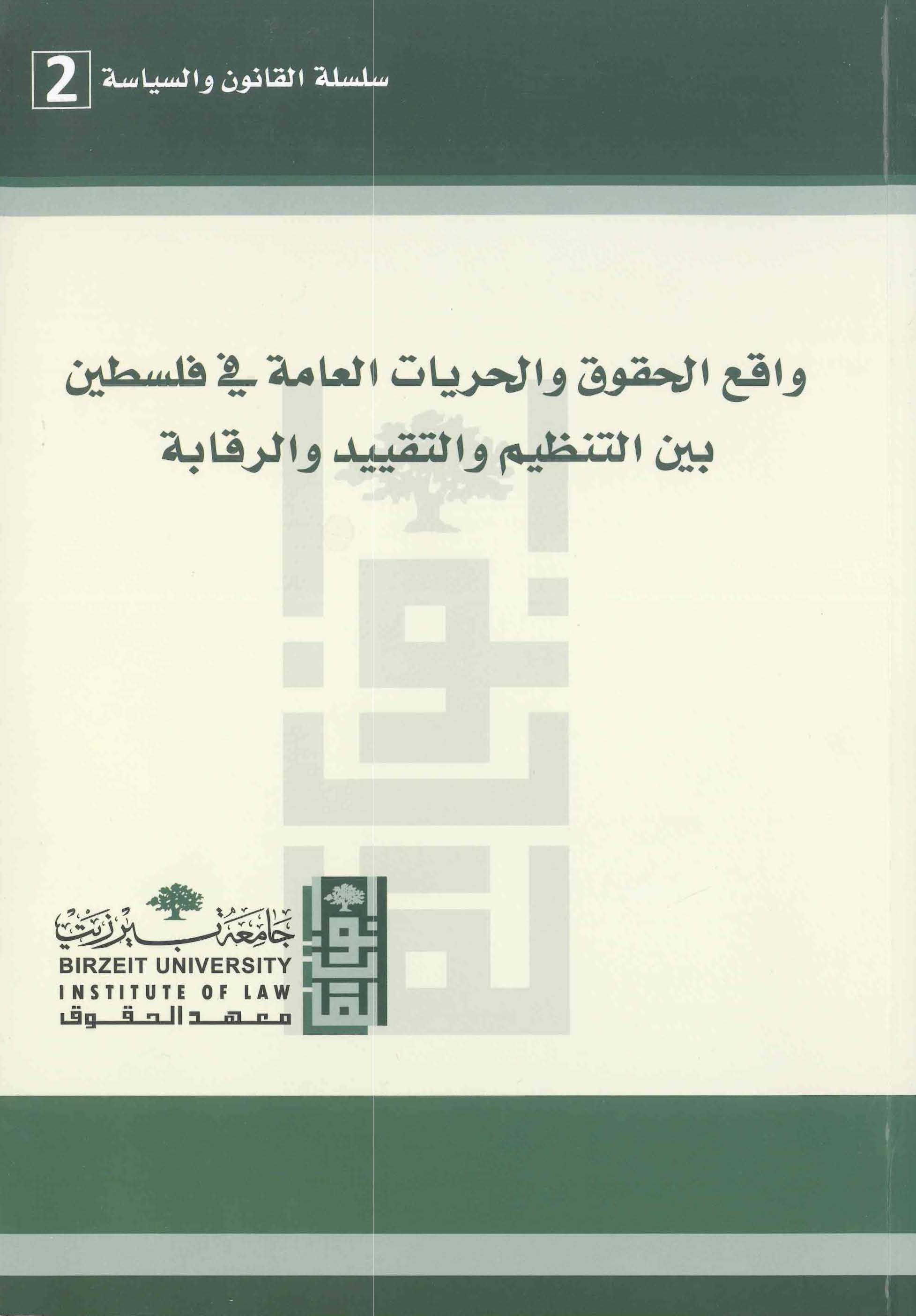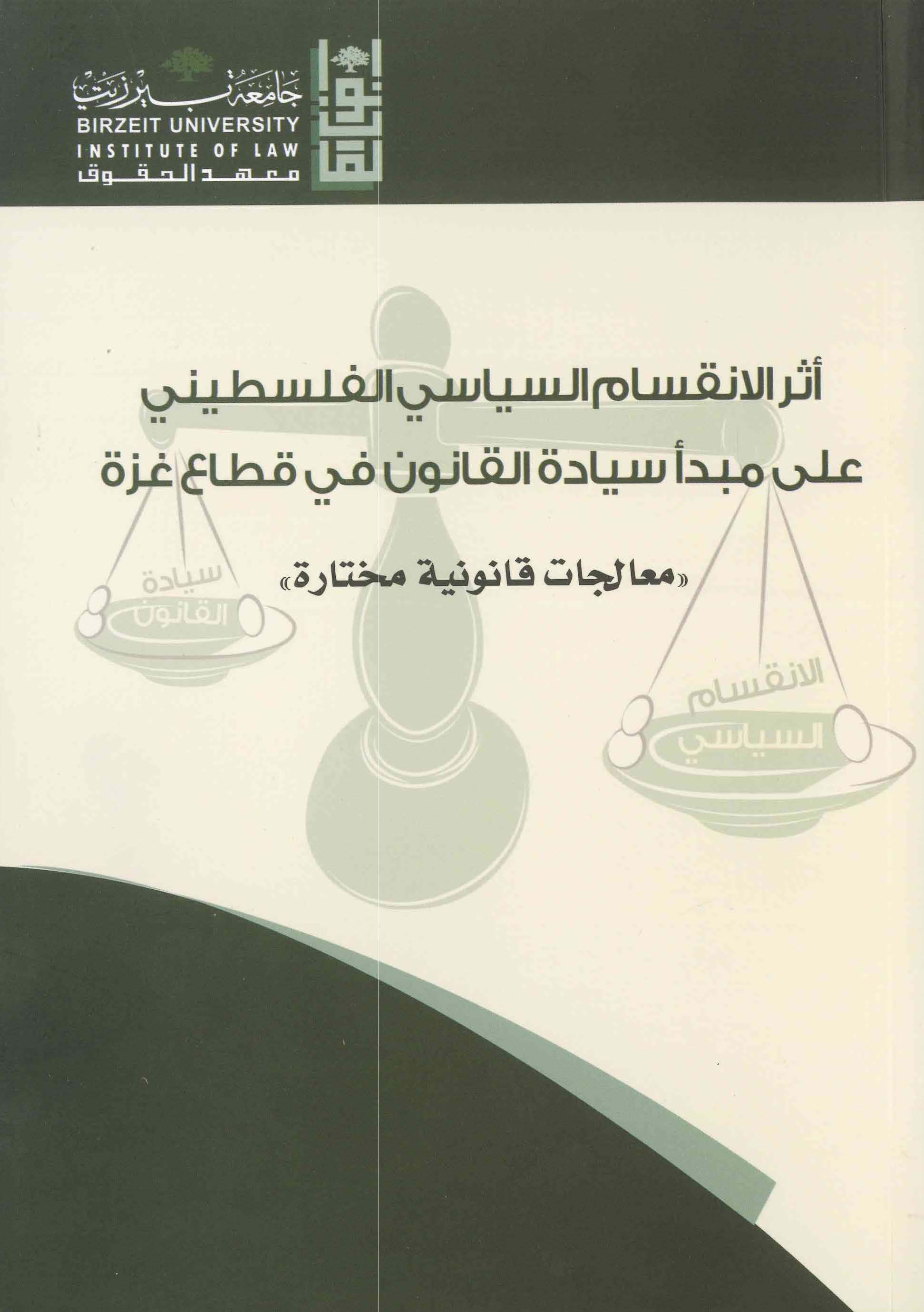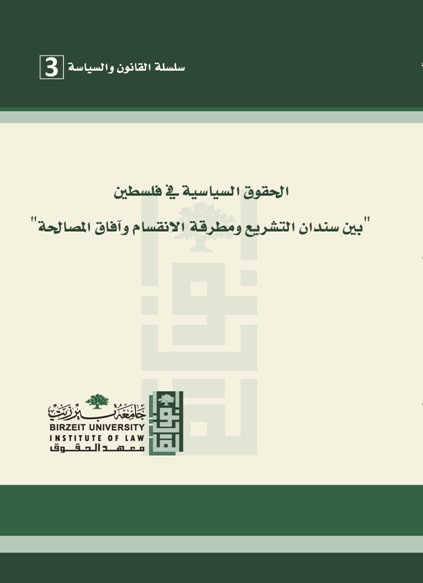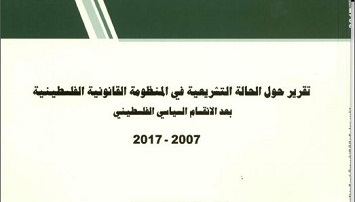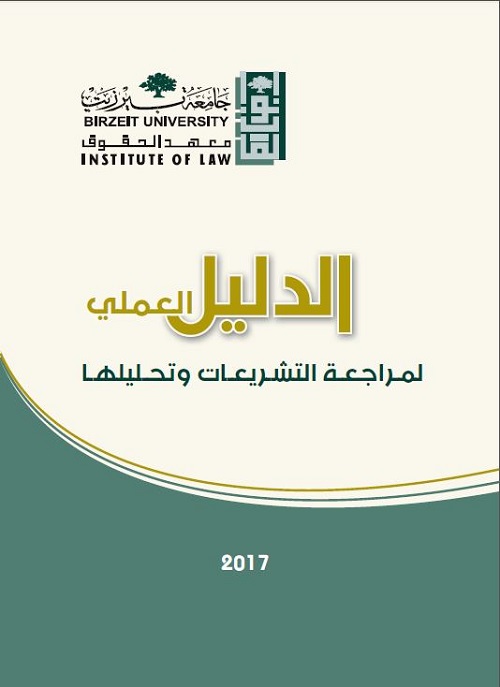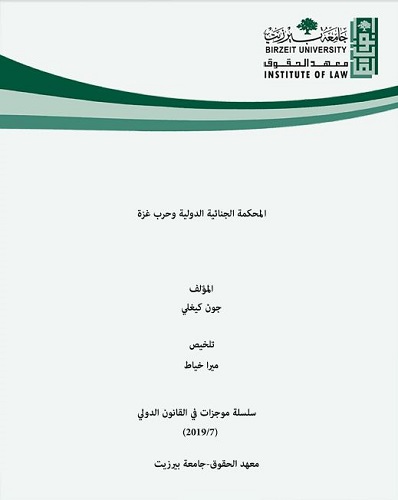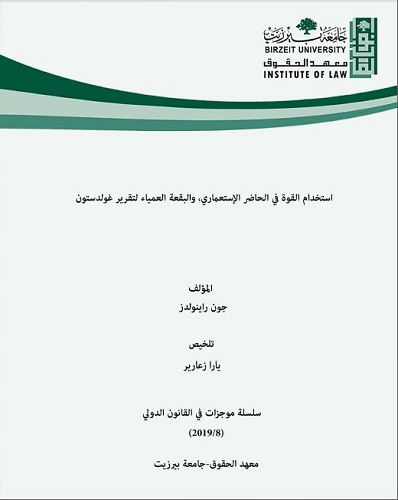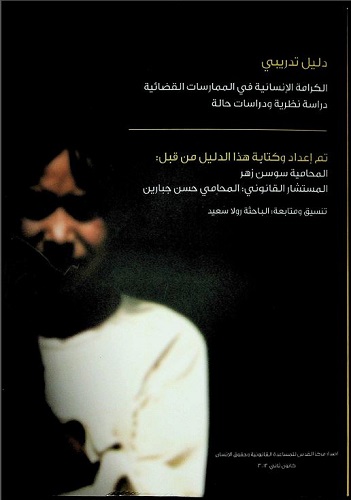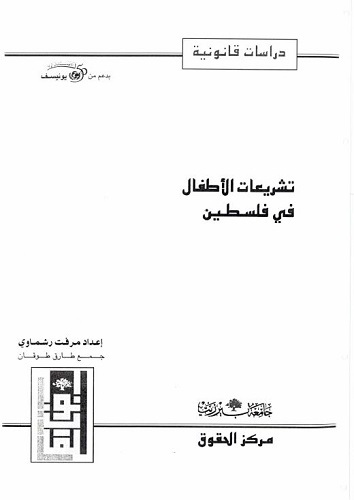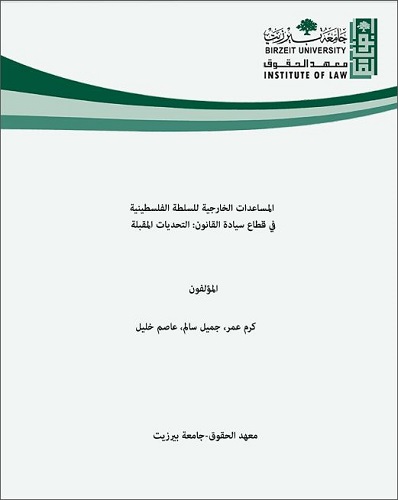The Health Rights of Gaza Patients and Patient Transfers
In her opening statement, Ms. Lina al-Tounisi, Coordinator of the IoL Gaza Office, welcomed the speakers and audience and made a briefing note about the Birzeit Legal Encounters Programme. As-Skafi explained the definition of the concept of health in International Humanitarian Law and right to health under Palestinian laws. The Palestinian Basic Law does not address the right to health directly. Instead, Article 10 of the Basic Law provides for compliance with fundamental human rights and freedoms. Accordingly, the Palestinian Authority will work without delay to accede to international conventions and declarations, which provide protection to human rights. As-Skafi demonstrated that the Palestinian Public Health Law No. 20 of 2004 assigns a set of tasks to the Ministry of Health (MoH), particularly maternal and child care, control of diseases and pandemics, quarantine, hospital, and clinic services. However, the law does not address important aspects, including the provision of health insurance and issues relating to the older population and people with disabilities.
As-Skafi elaborated on the 2000 General Comment No. 14 of the Committee on Economic, Social and Cultural Rights. The interpretation of the right to health comprises interrelated and essential elements, namely, availability, accessibility, acceptability, and quality of health care services. Finally, As-Skafi stressed the continuing complexities and obstacles, which face patients, constitute a violation of the right to health, run counter to the principle of progressive realisation of the right to health under the International Covenant on Economic, Social and Cultural Rights, and contradict the Palestinian National Health Strategy 2017-2022.
In his presentation, Bal’awi addressed the concept of specialised treatment and department of service purchase (treatment outside MoH facilities). The MoH is committed to working jointly with all partners to scale up and improve performance, and ensure professional management, of the health sector. The Palestinian government has put in place the patient transfer system to make up for shortfalls at governmental health facilities as well as the lack of medical experience, devices, and equipment, including specialties of the medical profession and ability of medical facilities to accommodate patients. This way, gaps are bridged by the purchase of medical services from local health providers outside the MoH, including private, civil society, or charitable health institutions. Also, medical services can be purchased from other countries in case they are unavailable at local health centres.
Simple cases are transferred to local hospitals in the Gaza Strip as well as to national hospital, which require that patients cross the Beit Hanun (Erez) crossing point. These include the An-Najah hospital in Nablus and Al-Makassed and Augusta Victoria hospitals in Jerusalem. Patients whose treatment is not available in the Gaza Strip are transferred to hospitals inside the Green Line, including the Hadassah Ein Karem, Tel HaShomer hospitals, etc. Bal’awi made an overview of the total number of annual patient transfers. In 2019, patient transfers totalled 104,881. Representing a decrease of 23.7 percent, 80,020 patients were transferred to health centres outside MoH facilities in 2020.
Bal’awi indicated that the period required for the approval of a patient transfer application ranges from two to three weeks. In the meantime, an appointment is made, taking into account the availability of medical services or procedures. The cost of patient transfers is mostly covered by 100 percent. On the other hand, patients contribute 5 percent to the cost of other services. Patients and their families cover indirect costs, including companions, transportation, and accommodation.
Many interventions and recommendations were made in ensuing discussion. Most notably, an integrated set of health services needs to be provided, including medical specialties for which patient transfers are needed most, such as cancer, heart surgery, and cardiac catheterisation, at MoH or private hospitals. The Palestinian health system will be improved and capacity building provided to medical institutions. Qualified medical staff will be recruited to train physicians in the Gaza Strip. Medical teams will be dispatched on external missions for rehabilitation and then return to work at local hospitals.
